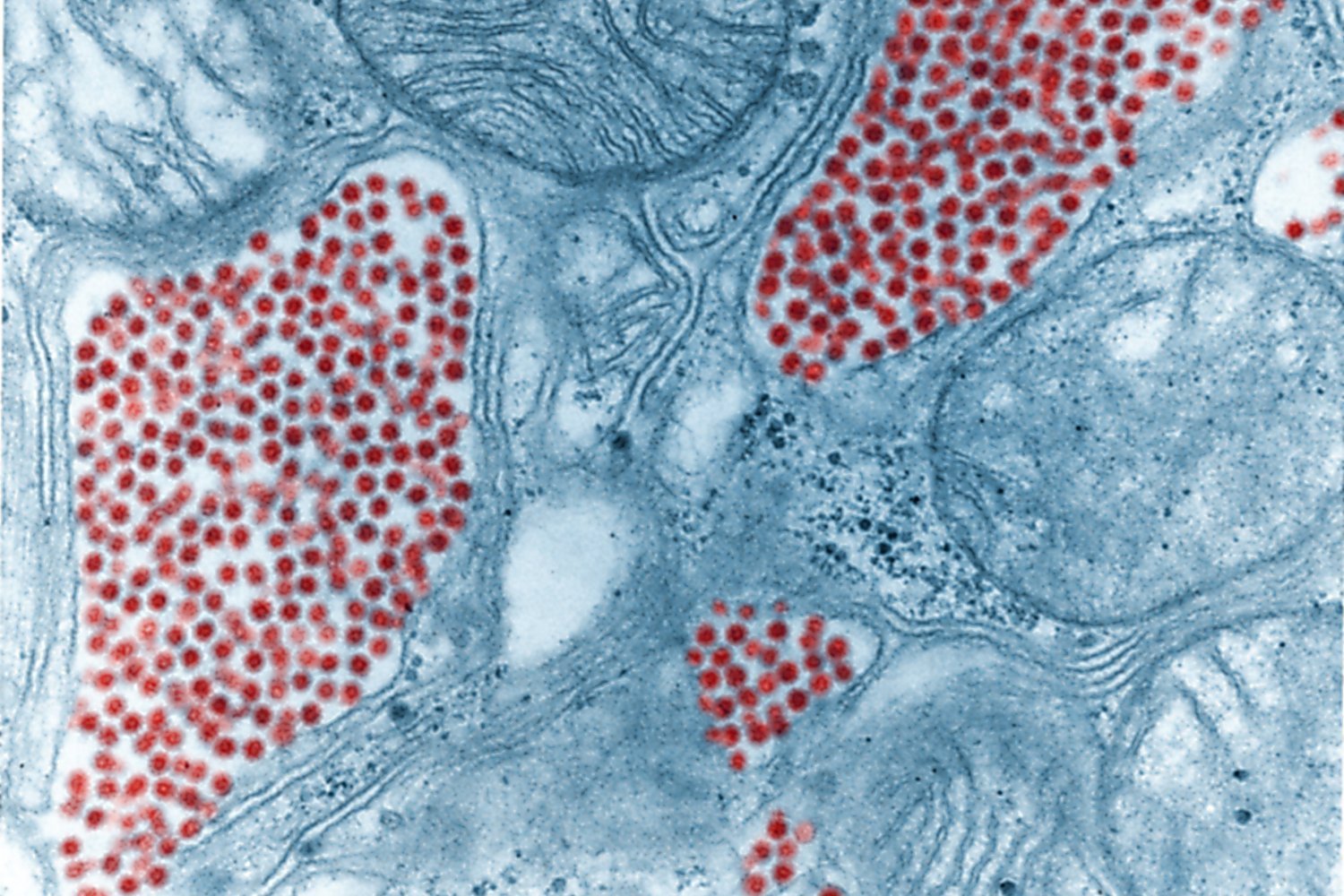The enterovirus D68 (EV-D68), a virus linked to the polio-like illness acute flaccid myelitis (AFM), is showing increased activity in US wastewater samples. While documented AFM cases remain low in 2024, the spike in EV-D68 detections has raised concerns among health officials, as previous surges in the virus have been followed by AFM outbreaks.
EV-D68 typically causes mild respiratory infections, but in rare cases, it can lead to AFM, a serious neurological condition characterized by sudden limb weakness. AFM can also cause facial weakness, slurred speech, and pain in the limbs and back. In severe cases, it can lead to life-threatening respiratory failure or permanent paralysis. The connection between EV-D68 and AFM became apparent over a decade ago when scientists observed a correlation between infections and the subsequent development of AFM in some children.
Similar to the poliovirus, EV-D68 can, in a small percentage of cases, lead to paralysis. Research has identified specific EV-D68 strains that have mutated to become more like poliovirus, increasing the risk of AFM. While other viruses can potentially cause AFM, these newer EV-D68 strains have been directly linked to significant AFM outbreaks in the US since at least 2012. Hundreds of children have been affected by AFM since then, but it remains a rare complication of EV-D68 infection. The recent rise in EV-D68 levels suggests a potential resurgence of AFM cases.
WastewaterSCAN, a national surveillance system operated by researchers at Stanford and Emory University, has reported a substantial increase in EV-D68 presence in wastewater samples since early August. Wastewater surveillance has proven to be a valuable tool for early outbreak detection since the COVID-19 pandemic. Historically, EV-D68 outbreaks in the US tend to peak during the summer and fall. According to Alexandria Boehm, program director of WastewaterSCAN and a professor at Stanford University, EV-D68 nucleic acids are being detected in wastewater nationwide, with increasing levels.
An interesting trend observed since 2012 is the cyclical pattern of AFM outbreaks following EV-D68 outbreaks, typically every two years. However, the COVID-19 pandemic disrupted this pattern due to increased social distancing. While EV-D68 reemerged in the summer of 2022, the subsequent rise in AFM cases was less pronounced than in previous years, with only 47 cases documented by the CDC, compared to 120-240 cases in prior outbreak years. Similarly, AFM incidence remains low in 2024, with only 13 cases reported so far.
While it’s possible that EV-D68 has evolved to become less likely to cause AFM, it’s too early to draw definitive conclusions. Experts are closely monitoring the situation and continuing to study the virus. Efforts are underway to develop treatments for EV-D68. In June 2024, the National Institutes of Health announced a clinical trial for a lab-developed antibody designed to neutralize EV-D68 before it can cause AFM.
Even with successful clinical trials, it could take years for such treatments to become widely available. However, the development of a preventative treatment for EV-D68 could prove invaluable for families if AFM cases surge again in the future.











